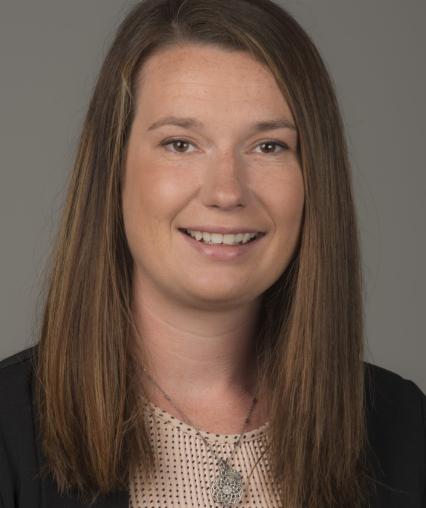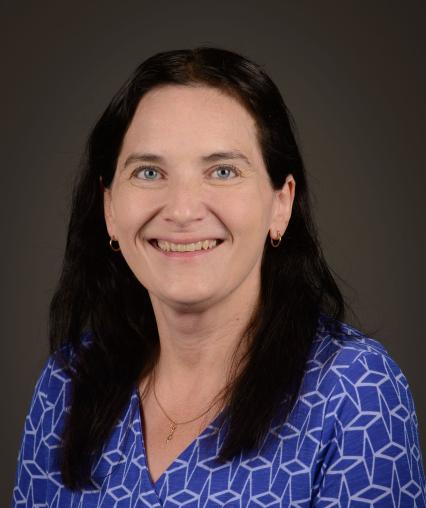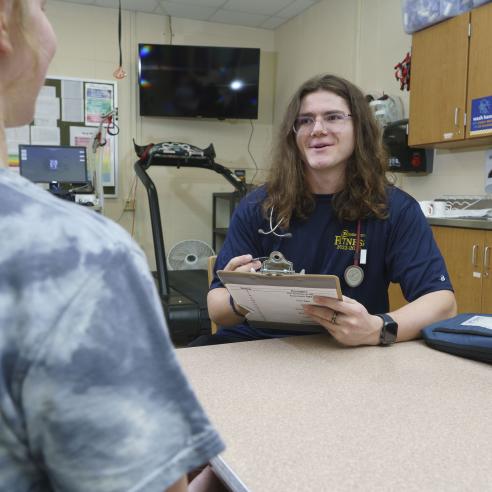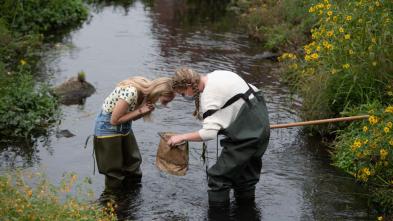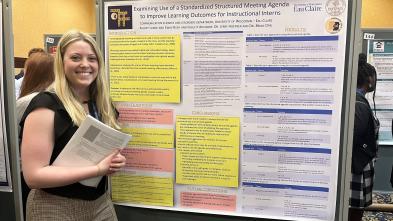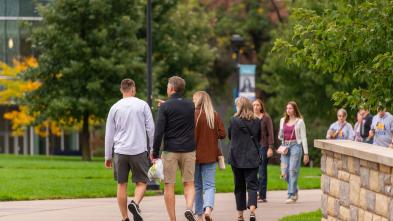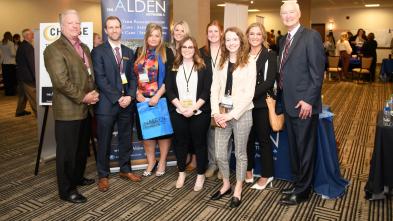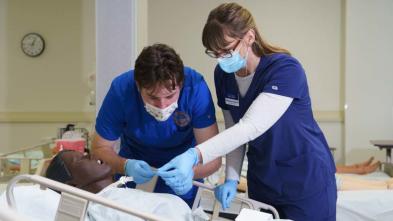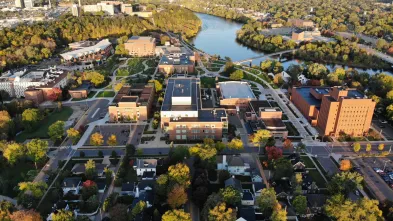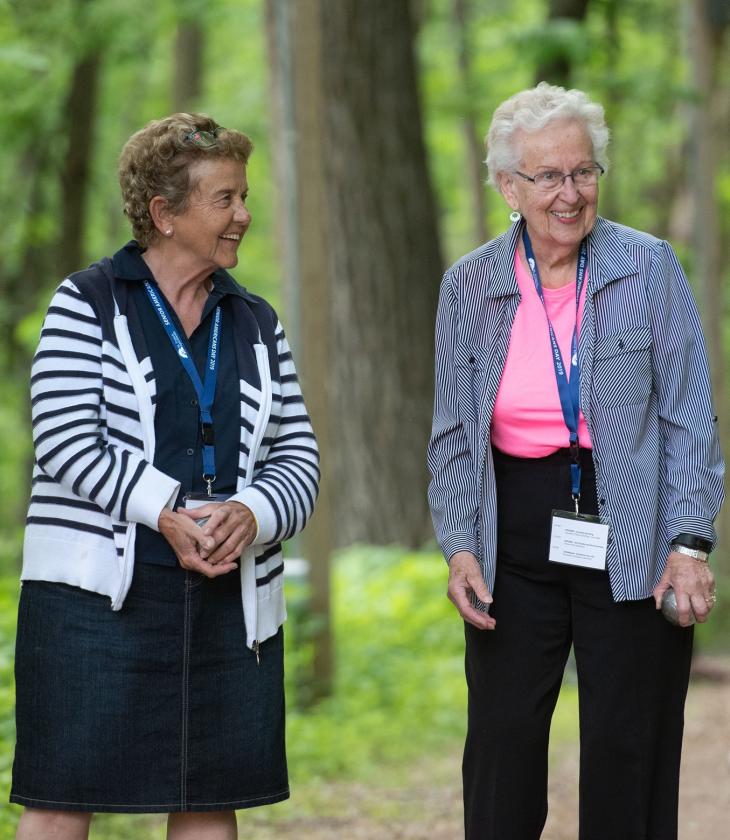
Gerontology
Better understand the rewards and challenges associated with aging and what you can do to make a positive impact on others with UWEC's gerontology minor or certificate.
Explore the Aging Process
Through a robust, experiential curriculum, you'll examine the various psychological, social and health aspects associated with aging, including the process of aging, problems with aging, aging effects on society, needs of the aged and social services to the aged. Coursework focuses on a variety of perspectives, including those related to economics, healthcare, employment, retirement, housing, politics, family, and intimate relationships. Nearly all classes taken to fulfill the program requirements are chosen by you, allowing you to study the topics that most interest you.
Graduates leave the program with an enhanced understanding of how to effectively work with older adults in various settings such as hospitals, senior centers or long-term care facilities, making them well-rounded and highly sought-after professionals. Possible career paths include providing direct services to the elderly; designing, implementing and evaluating programs for the elderly; assisting with financial planning; or administering agencies and organizations that serve the needs of older individuals.
Program Details
Blugold Stories
Justthe
facts
Examine the correlations and consequences of the multifaceted nature of the human aging process with coursework in a variety of disciplines.
Here are a few courses in Gerontology at UW-Eau Claire.
SW 315
Aging and the Aged
The process of aging, its problems, effects on society, needs of the aged, and social services to the aged.
SW 360
Death and Bereavement
Through the study of current theory and research, this interdisciplinary course is designed to facilitate student understanding of death and bereavement from a lifespan, family, and cultural perspective.
SW 294
Introduction to Counseling Skills for Helping Professionals
The purpose of this course is to provide students with an understanding of basic counseling skills used within a range of human service professions. Students will become familiar with the steps in the helping process and the importance of culturally informed and trauma informed practices in human service professions.
Get More Info
Sign up to receive additional information about our campus.
Meet the Faculty
